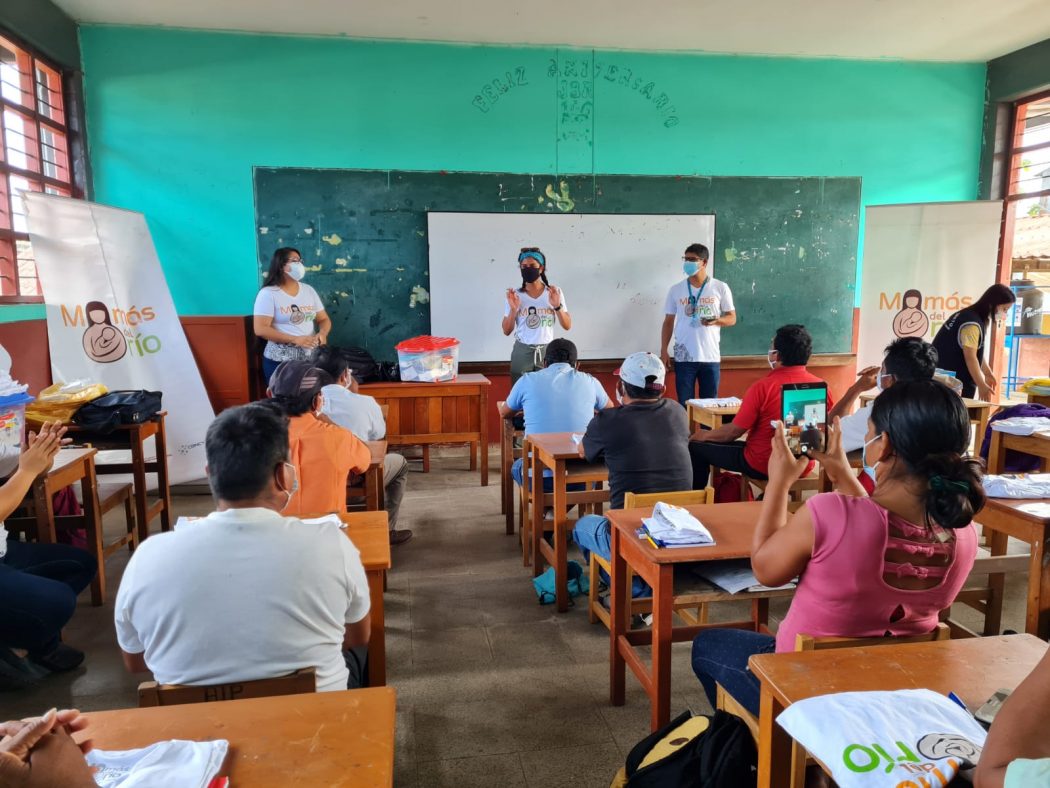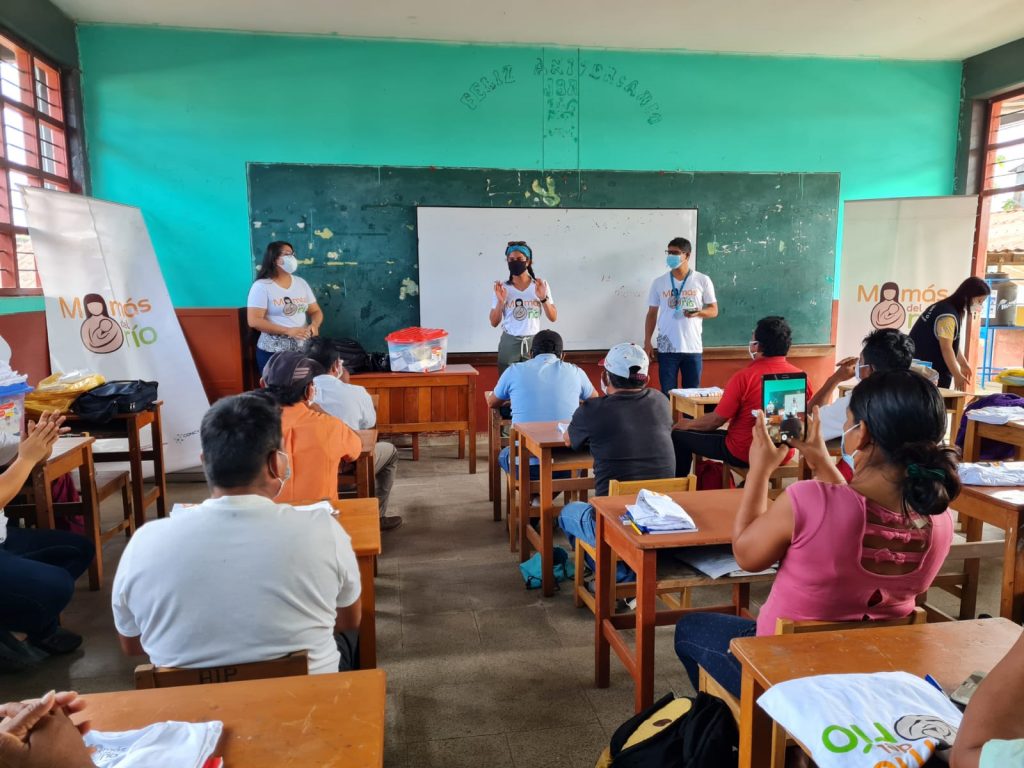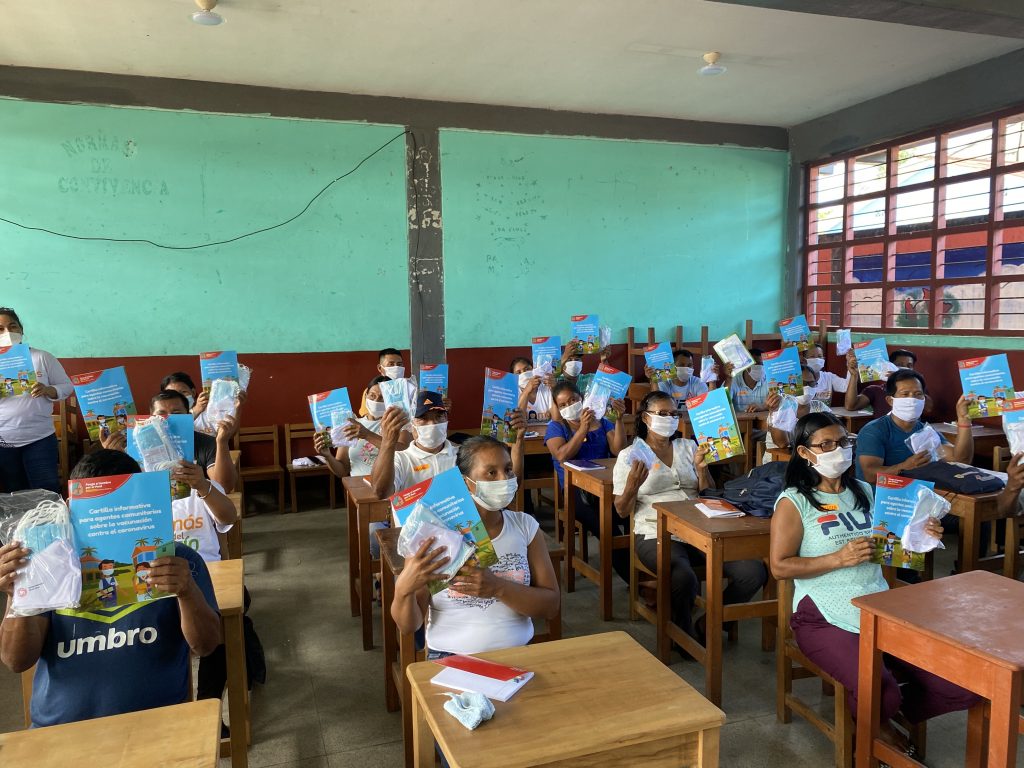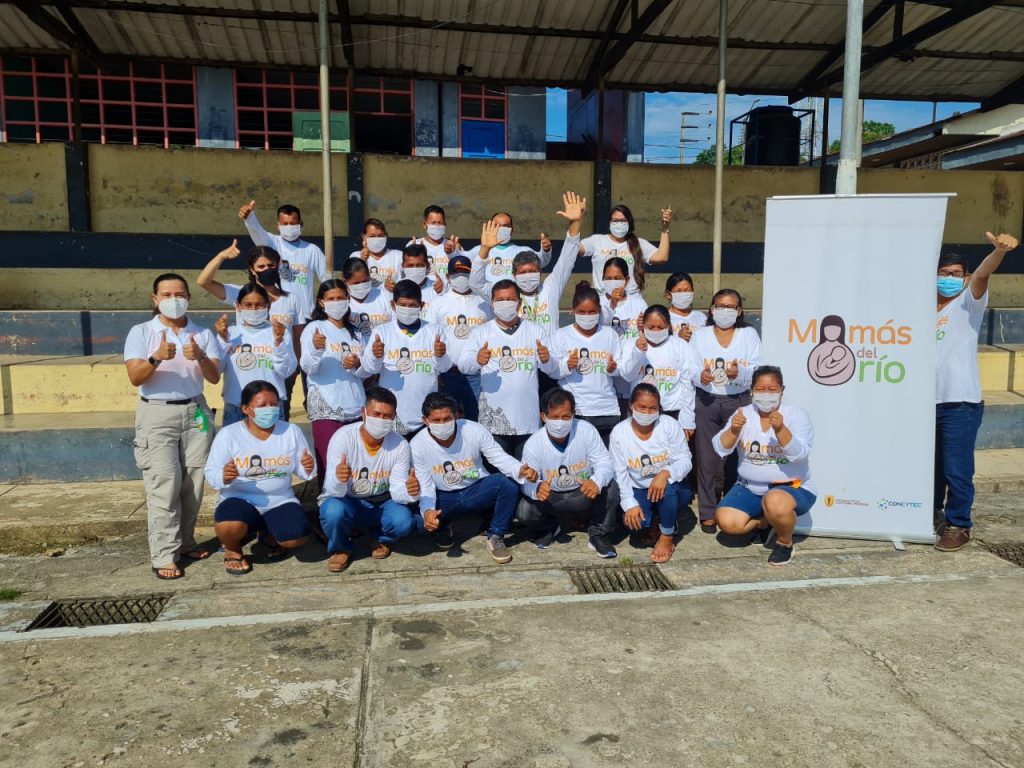My Zoom window was side by side with Dr. Anthony Fauci’s Zoom window. I was basically sitting right next to THE Tony Fauci…well, virtually sitting right next to him. HOW DOPE IS THAT?!
Fauci was giving us 2021-2022 Fogarty Global Health Fellows a lecture on the state of COVID-19 in July. At the end of his lecture, he opened the (virtual) floor for questions. I unmuted myself and asked him what his greatest piece of advice was for us wannabe global health leaders.
Before I tell you his wise and Fauci-esque answer, I’m going to rewind this story back to September 2019 where I opened a Student Digest email that the UA-COMP sends out every now and then. I saw a one-year-long fellowship opportunity with the National Institutes of Health (NIH) as a Fogarty Global Health Fellow. The Fogarty International Center is the global health division of the NIH. This fellowship is offered to pre-docs, post-docs, medical students, and residents. It funds about 80 U.S. trainees to complete a research project in a low- and middle-income country (LMIC) for 12 months. It is made up of consortia from across the country including Harvard, UCLA (my alma mater), and the UofA.
I contacted some people, and the next thing I knew, I was submitting a grant proposal for a women’s empowerment project under Dr. Purnima Madhivanan of the UofA and Dr. Magaly Blas of the University of Cayetano in Lima, Peru.
In February 2020, I found out I was accepted into the fellowship. Well, we all know what happened in March – the whole pandemic thing threw a wrench in travel. I deferred my acceptance for a year.
I wasn’t sure if I would accept the position. As medical students, we have a very structured path. Take STEP 1. Take STEP 2. Apply for residency. Get the heck out. We usually do not veer off this path, but I like the Robert Frost POV on these matters– that when you come across two roads that diverge in a wood…well, you know the rest.
With the support of our incredible faculty at UACOM-P, I took the position. I write this from my AirBnB in Lima, Peru. My project has since changed. I am studying how rural Amazonian communities have adapted to the COVID-19 pandemic and their perceptions of the COVID-19 vaccine. I am working with Mamas Del Rio—a nonprofit organization founded by my Peruvian mentor that trains community health workers to reduce maternal and neonatal mortality in the Amazon.
Last week, I was in Nauta, a very rural pueblo in the Amazon, for a training of community health workers. The training addressed myths about the COVID-19 vaccine, teen pregnancy, and how to safely deliver babies at home (skin-skin contact, sterile cutting of the umbilical cord, etc). One reason I love global health is that it makes the world feel smaller. One of the myths we debunked about the COVID vaccine was that it does not make you sterile nor does it contain a microchip that allows the government to control you. The same myths we hear about in the U.S.
It is truly a privilege to be welcomed into a community that is not your own. It is truly a privilege to live in another country. It is truly a privilege to take time off medical school for personal and career growth. All of this is also scary as HECK.
Now that I am back in Lima, I have hot water and WiFi and time for reflection. I am living in a very bougie area of Lima—Miraflores. I found my go-to climbing gym, surf spot, and coffee shops. It is becoming home. And luckily, there are about 8 other U.S. and Peruvian fellows here (about 5 of us are medical students, residents, or attendings), so I even have some friends!
I am not going to lie – I am going to work hard, but I am also going to take advantage of this study abroad year. I plan on going to Colombia, Patagonia, and deep into the Andes Mountains. I will be going back to the Amazon for weeks at a time to complete my field work. I know this will be an incredible experience for me. As Drake, a young poet of my generation would say, you only live once.
I was not a traditional medical student applicant (I taught yoga and dirt bagged in Yosemite before medical school). I am not a traditional MS4. And something tells me I will not be a traditional resident. It is okay to be unconventional. It is okay to take risks and dream outside the box. My point here is that life does not have to stop in medical school or as a resident or as an attending. Find loopholes. Be different. Dedicate time to personal growth. It makes things more interesting. Todo tranquilo.
So, how did Fauci answer my question? He said to be prepared for the politics of medicine and public health. This is something he was not prepared for and had to learn while leading the charge against COVID-19. I know you were at the edge of your seat for that one.
Tina Samsamshariat is a member of the class of 2022 at the University of Arizona College of Medicine - Phoenix. She received her Bachelor of Science from the University of California, Los Angeles and her MPH from the University of Southern California. She enjoys surfing, climbing, and rap music. Twitter: @TSamsamshariat




